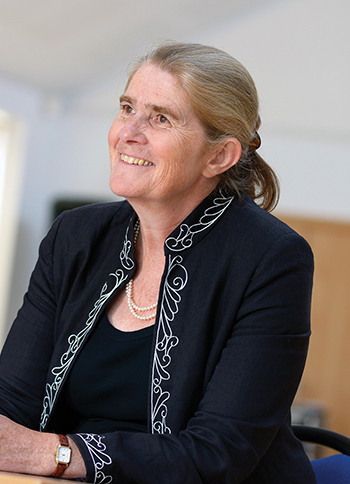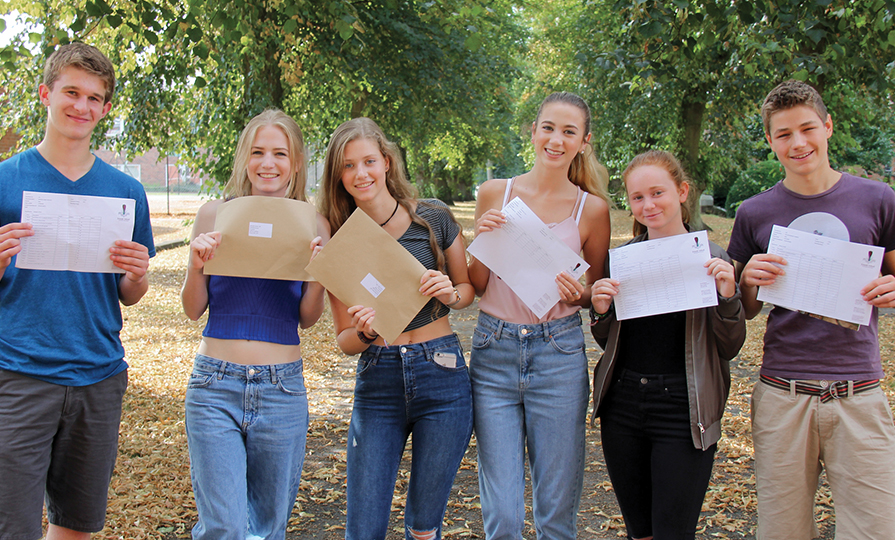Walden School head Anna Chaudhri looks at the importance of building resilience in students
To confirm the deepest thing in our students is the educator’s special privilege. It demands that we see in the failures of adolescence and its many confusions, the possibility of something untangled, clear, directed… ” Barbara Windle, 1988 (Quaker Faith and Practice, 23.75).
Some years ago a scientist applied for a grant for a project. It surprised me to learn that not only did he have to give full details of the project, its resources, timing and purpose, he also had to give its outcomes and results in some detail. Rather naïvely I asked if it was not the purpose of the experiment to discover what might happen if… He laughed. Science is clearly not my field, but it did cause me to reflect on the need we all have for certainty these days. We do not like to live with uncertainty; we need to know everything as immediately as possible.
An impatient generation
This impatience has inserted itself into education: from the day that pupils enter school we are projecting where they will end up, testing them against baseline data, setting up profiles of the learners and encouraging them to think in terms of the end examination or the next stage.
But what about the journey itself? What about the development of the individual thinker? In senior school, as public examinations get nearer, grades are predicted and sometimes teachers are asked to revise their predictions because they’re told ‘I need an A to get to…’.
“Successful learning is to acquire independence of thought and responsibility for one’s own destiny”
But supposing performance to date does not justify this? An A is not something a teacher can give or assure. Successful learning is to acquire independence of thought and responsibility for one’s own destiny.

So what makes students so anxious to comb mark scheme after mark scheme, constantly ask teachers what they think their grades will be and often set themselves goals based on what they want rather than an honest analysis of their work to date? Perhaps it is the abundance of this material online, combined with the natural feeling of apprehension before a test. And on results day: ‘I was three marks off an A…’ results in a request to remark the paper, instead of the acknowledgement that ‘I achieved a B’.
It is well recognised that one of the greatest barriers to performance in our schools today is the fear of failure, not only among young people but also their parents. Everyone today wants assurance of success and when people fail, as they inevitably do at some stage, the disappointment is often disproportionately bitter. But perhaps it would be less so if we encouraged our young people to balance aspiration with a more honest appraisal of themselves and gave them the tools to adapt when things do not go according to plan: ‘I was three marks off an A and therefore I will adopt Plan B.’
The sense of a job well done is a great feeling but success is not a right and it cannot be assured. Barbara Windle’s comment on education allows for the individual and allows for people to make mistakes and to learn from them while they are young. Only in this way is resilience built.
It is the job of teachers to guide, encourage and support but not to guarantee results. That is down to the individual and we must give our young people the courage to face tests and tackle perceived difficulties, without the constant need to look back for assurance. The Hare brothers wrote in their Guesses at Truth that “Half the failures in life arise from pulling in one’s horse as he is leaping”; perhaps the other half come from overanxiety about where the horse will land.

